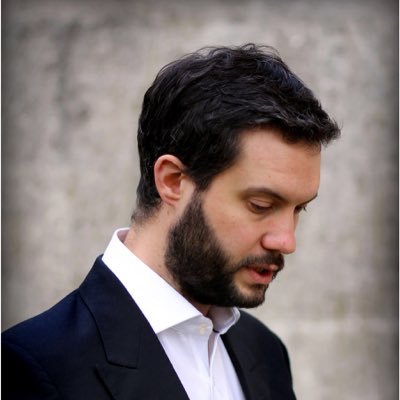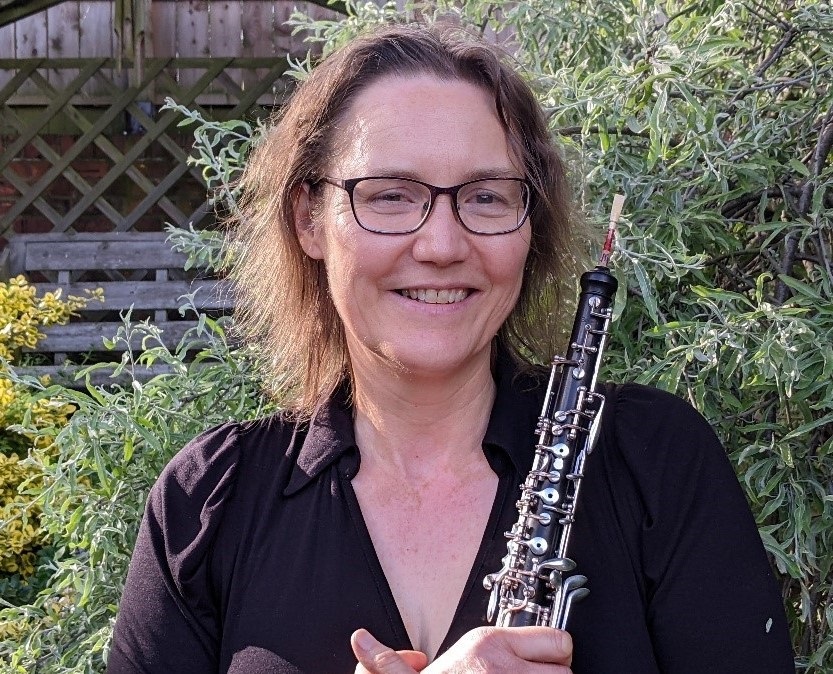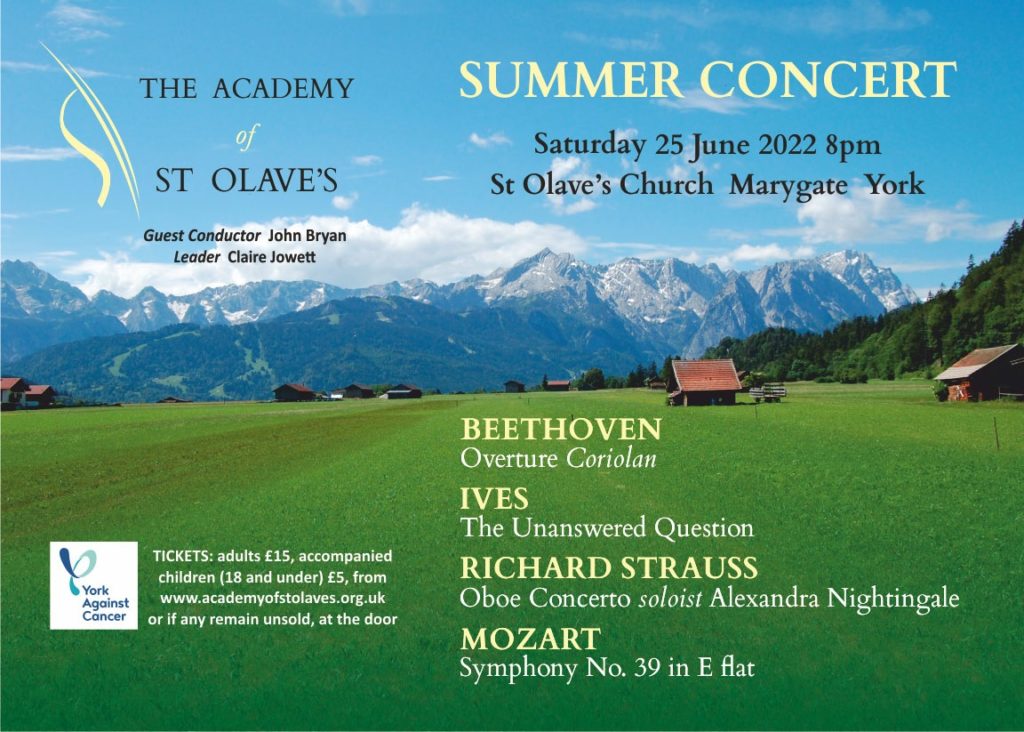
THE final day of this tightly compressed festival took place in a venue rarely associated with music-making but which worked out well.
Chamber music is not designed for large halls and the intimacy of a smaller arena lends itself to better understanding of the music’s components. The menu for this mid-afternoon event offered the resident strings in Richard Strauss’s sextet from his opera Capriccio and Tchaikovsky’s Souvenir de Florence, for the same forces.
Strauss wrote virtually no chamber music beyond the age of 30, so this sextet (1942) is a rarity for him. It forms the prologue to the opera, supposedly the latest piece from the pen of the composer who vies with the poet for a young countess’s attention.
It opens and closes serenely, the gentleness broken only by a passionate outpouring marked by tremolos. The ensemble was led by Jonathan Stone, whose violin found a beautifully lyrical legato for the outer sections. There was plenty of heartthrob in the middle.
Tristan Gurney took the leader’s chair for the Tchaikovsky, which was sketched in Moscow on return from the composer’s last holiday in Florence. He finished it in 1892, two years later. He confessed to difficulty in writing for this combination and it is not an easy work to bring off. But you wouldn’t have known it here.
There was a magical ebb and flow to the opening rondo, with intriguing dialogue permeating its pizzicato moments. The coda was pure excitement. Gurney’s violin lit up the opening of the Andante, with Tim Lowe’s cello responding with equal ardour, as they became at first a duo and then a trio, joined by Scott Dickinson’s viola, over a featherbed of pizzicato from the others. In between there was some rich chording.
The song-like third movement was given an amusing trio, led by the first viola. Although Tchaikovsky left no clues, the finale sounded as if based on folk-dances, its two stomping themes eventually coalescing into a fugue that was played with immense emphasis here. The ensemble threw all caution to the winds and poured its soul into a breath-taking coda.
There is no doubt that the intensity of a few days working together, over several events, lends itself to an intimate understanding between the players. When talents such as these submerge themselves, the whole becomes much greater than the sum of the parts. It is – and was – exhilarating.
Review by Martin Dreyer


